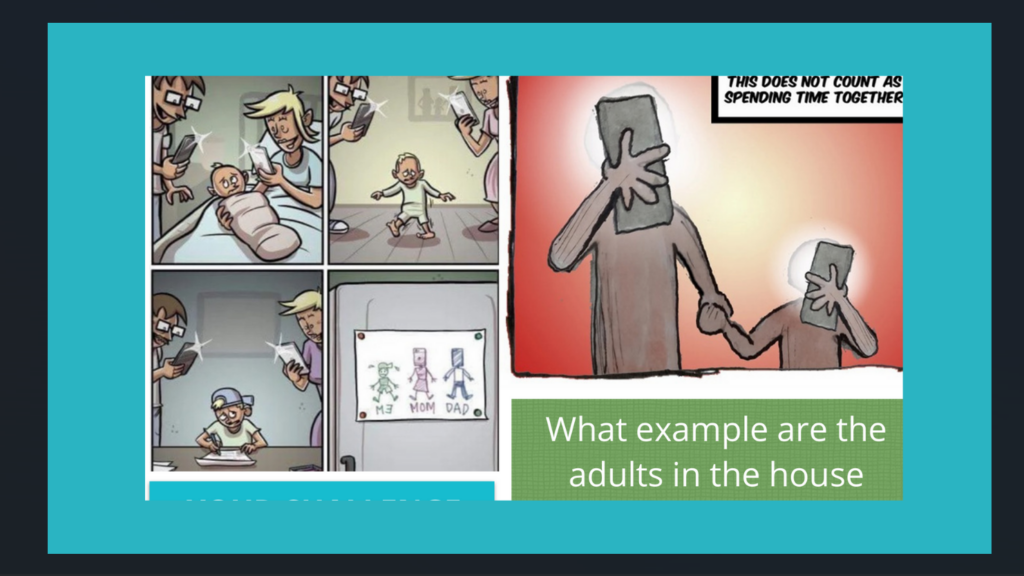📵 Two Weeks. No Smartphones. Real Change?
One of the primary schools I work closely with is taking a bold step: a two-week smartphone ban for its students.
Why? Because we’re seeing how constant connectivity is impacting more than just attention spans. It’s changing family dynamics, disrupting face-to-face relationships, and shaping how young people navigate stress, connection and even boredom.
The school is monitoring how this short break affects:
Home life and family interaction
Peer relationships and conflict resolution
Mental wellbeing and screen-free engagement
It’s not about demonising tech—it’s about pressing pause to reflect on the role it plays in our lives.
I’m especially interested in the insights that come from families and students themselves during this time. What shifts? What’s harder? What’s surprisingly easier?
If you’re an educator, parent, or researcher, I’d love to hear:
Have you seen the effects of smartphone use on young people’s relationships?
Have you tried a similar initiative? What happened?
Let’s rethink how we help young people !

